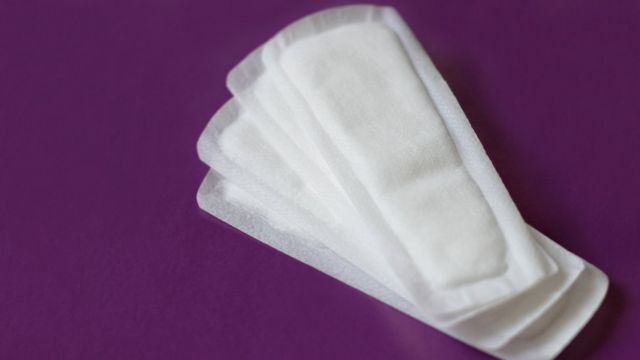
Apparently, sanitary pads aren’t all that hygienic after all. According to a recent study, the majority of sanitary napkins marketed in India have cancer-causing substances inside of them.
According to the study, some women who use sanitary napkins may develop cancer or even lose their ability to conceive. The study’s findings are alarming given that nearly three out of every four teenage girls in India use sanitary napkins.
Ten different pad brands were examined for the investigation
Ten different pad brands were examined for the investigation, according to an article in India Today. The NGO is a member of the International Pollutants Elimination Network. There were apparently residues of phthalates and volatile organic compounds in the samples that were analyzed (VOCs). Both pollutants can produce cancerous cells. According to European laws, certain phthalates are prohibited.
“It is shocking to find numerous harmful chemicals in commonly available sanitary products, including toxic chemicals like carcinogens, reproductive toxins, endocrine disruptors, and allergens,” said Dr. Amit, one of the investigators and a program coordinator at the environmental NGO Toxics Link which conducted the study.
There is a very high likelihood that dangerous chemicals would enter the body through sanitary pads
The study also shows that there is a very high likelihood that dangerous chemicals would enter the body through sanitary pads.
“As a mucous membrane, the vagina can secrete and absorb chemicals at a higher rate than the skin,” said Dr. Aakanksha Mehrotra, a program coordinator at Toxics Link who was part of this study.
Many discussions regarding menstrual hygiene center on the idea that sanitary napkins are preferable to unclean protection during periods. However, until recently, there has never been any mention of the presence of dangerous compounds, including carcinogens, in sanitary pads.
According to the most recent National Family Health Survey, roughly 64% of Indian women between the ages of 15 and 24 use sanitary pads, according to a report from India Today. Demographics and educational levels also affect pad usage. It can be assumed that a more affluent society uses pads more frequently.






